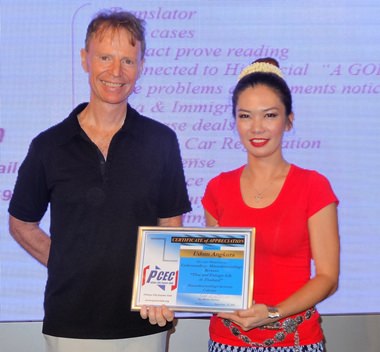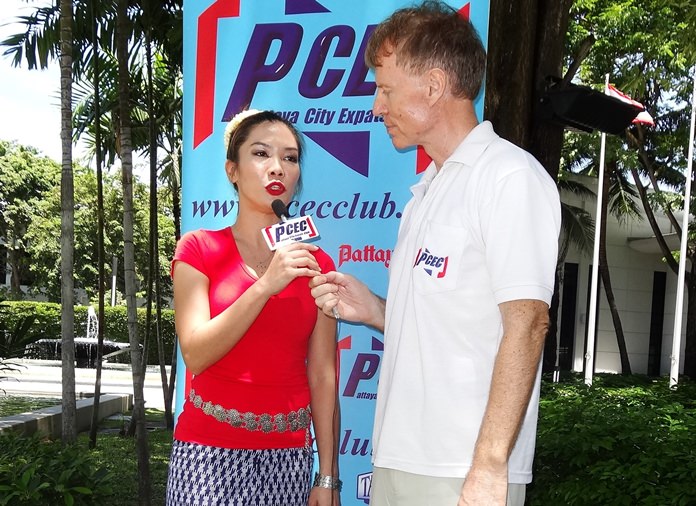Cultural misunderstandings between Thai and foreigners were the theme at the September 25 meeting of the Pattaya City Expats Club (PCEC). Have you ever marveled at the fact that when two Thai people meet for the first time, they immediately start chatting away happily as though they were long-lost friends? Well, looks can be deceiving. What’s really happening is that the two people are sizing each other up, trying to figure out their pecking order, determining which one is on top according to the Thai cultural hierarchical system.
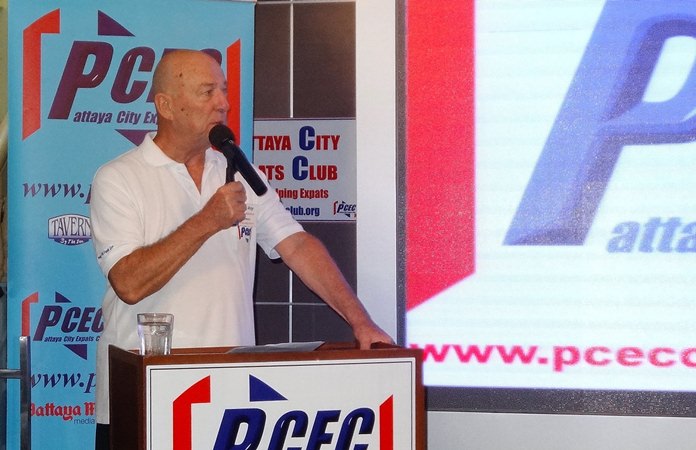
This is one of many examples that Cross Cultural Consultant Irene Powell (Udompond Angkura) gave to illustrate “Understanding… Misunderstandings… between Thai and Foreign folk in Thailand.” According to Irene, the smiles hide a false arrogance in an uncomfortable situation. It’s very important to keep cool while sizing each other up. “The less you say, the safer you are,” said Irene. “I’m afraid that if they know something about me, it might cause problems later.”
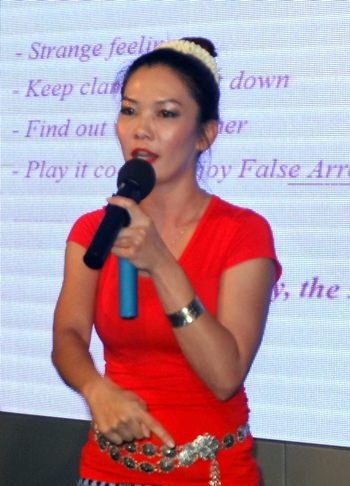
Another common misunderstanding between Thais and foreigners, according to Irene, is the issue of paying for meals. She said that whereas in a group of foreigners, each one will usually pay for their own meal, in a group of Thais, the richest one pays for everyone. And if a foreigner is a part of the group, they should pay. But the best is to pay quietly, and then at the end of the meal say, “No problem it’s been taken care of.” This will earn you a lot of respect. But don’t expect many “Thank you” from Thais. “If just one person says thank you, that’s enough,” she said.
When a Thai girl invites her foreign boyfriend to visit her mother and father, it’s very serious; it means you’re engaged, said Irene. In this case, the man is definitely expected to pay for her parents’ meals. “Even before we had foreigners, Thai men were expected to come up with a big dowry, because Thai men tend to be lazy,” she said.
Irene said that as a Cross Cultural Consultant, she acts as a “wingman” who gives advice to foreigners to help them understand and negotiate Thai Business Affairs. The first thing to understand, she said, is that in Thailand, “gifts make the world go around.” It used to be that “gifts” of money would be given directly by hand. But now, handing money directly is considered an insult; instead, it’s better to give a bank transfer through a third person.
The other important thing about doing business in Thailand, she said, is to have a “Godfather”, a high official who “can make an offer they can’t refuse.” But you need to have the right “godfather,” or you can get in trouble. She gave an example of a client who hired her as wingman because a neighbor had decided to plant a tree on the client’s property. Irene went to the village chief, but was unsuccessful because the other person’s godfather was a local policeman, who was above the village chief in the hierarchy. So she went to her primary godfather, a general, and was successful. The higher up you go for your godfather, she said, the more you have to pay “big time”.
Irene said that as a Thai, there are some good things that she likes about foreigners. First, they are fair and reasonable. She said she was surprised when Ann Smith, a PCEC Board member with whom she has become good friends, offered to teach her daughter English without expecting anything in return; Thais do things for each other, but there is always a subtle message that someday they expect payback. Another good thing about foreigners, she said, is that they are problem solvers; they are imaginative, creative and practical, and things get done properly, practical. Thais, on the other hand learn by rote, and keep doing the same thing over and over. The third good thing about foreigners, she said, is that they have more money.
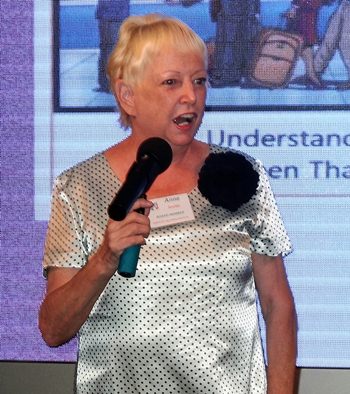
Irene also gave some challenging things about foreigners. They express emotions and frustrations, which are annoying and disrespectful to Thais and the Thai way of life. Thais suppress and accumulate their emotions and frustrations, and one day they might blow up; but foreigners blow up every day. She said foreigners are often sarcastic or criticize what Thais do regarding their religion, parents, etc. It’s better to say nothing, she said, just go with the flow. Foreigners think they can change the world, but you cannot change Thais.
After the presentation, MC Roy Albiston brought everyone up to date on upcoming events and was followed by the Open Forum, where questions are asked and answered about Expat living in Thailand, especially Pattaya.
For more information on the PCEC’s many activities, visit their website at www.pcecclub.org.
